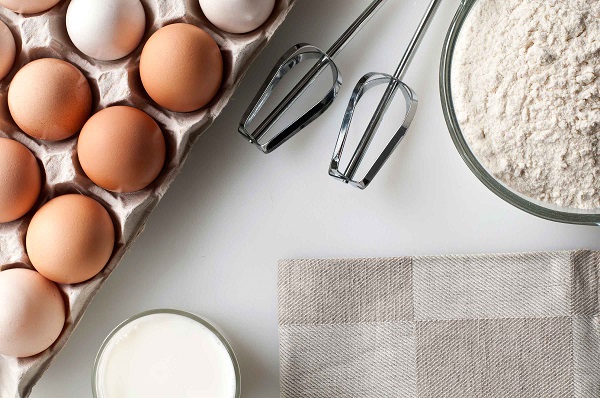14 Cooking Mistakes You're Probably Making
It doesn't matter if you're a novice or a pro, we all make them
16 August 2016
ewfood
To help you avoid any cringe-inducing moments while cooking and with your foodie friends, here's some mistakes to steer clear of and advice on how to help you fix them.
1. Not tasting your food while cooking
Recipes don't always call for the right amount of seasoning, cooking times are estimates and results may vary depending on your ingredients, your stove, your altitude... And a million of other factors. At the end of the day, your palate is the control factor. Trust your taste buds!
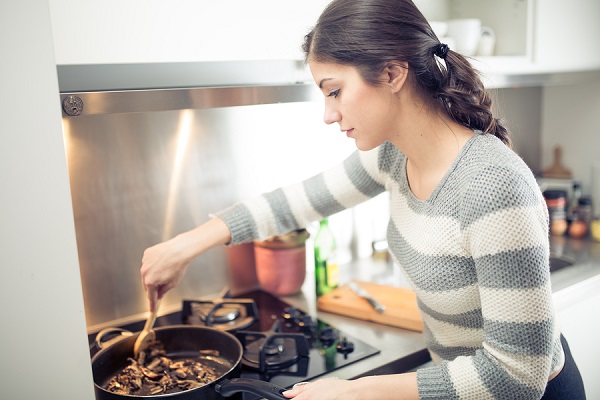
2. Overcrowding your pan
A lot of us will be guilty of tossing in a number of chicken breasts into a pan, or heaping oven fries onto a baking sheet when we're in a hurry, or want fewer pots to wash. This is bad; basically you want to be leaving enough room for food so it isn't touching, and this goes for everything from sheet pans to skillets. By leaving the extra room, the heat can evenly distribute and doesn't become trapped under the food, which creates steam. It's because of this you may find your chips go soggy and limp! So leave the space to allow your food to brown evenly.
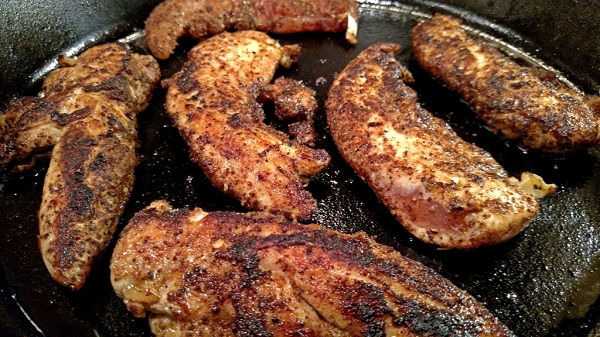
SEE ALSO: The benefits of drinking camel milk
3. Undersalting the water when cooking pasta/spaghetti
Salt flavours your pasta from the inside out, and without it you'll most definitely end up with bland noodles, no matter how killer your sauce is that you pour on top. To get started, use around 1.5 tablespoons of salt for every pound of pasta. This is also a handy trick to know when also cooking ingredients like rice or quinoa.
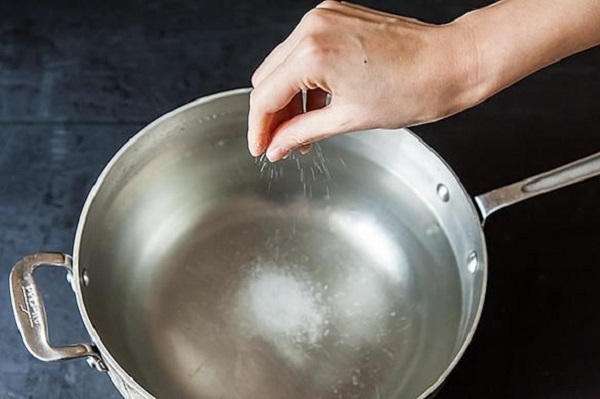
4. Using extra virgin olive oil when cooking everything
You may not know this but extra virgin olive oil has a relatively low temperature at which it starts to burn, and so using it over super-high heat can actually be very bad when it comes to things like searing steak or making stir-fry.
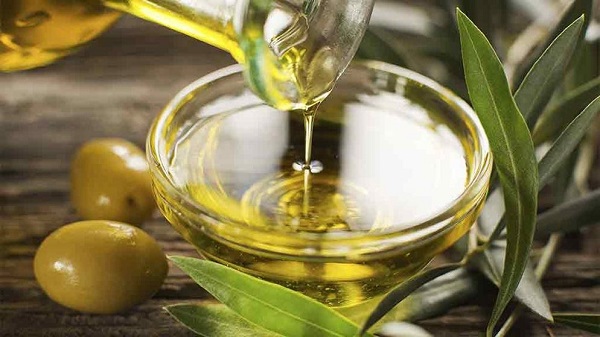
5. Using a liquid measuring cup to measure dry ingredients
Fortunately, when it comes to cooking your evening meal, you can ~sort of~ get away with winging it and guessing ingredient amounts. But when it comes to baking, precision is absolutely key. Thus for your dry ingredients, you should use the spoon-and-level method - scoop your measuring cup into your container until the ingredient e.g. flour is backed inside the cup. Then you can level it with a knife to scrape away excess.
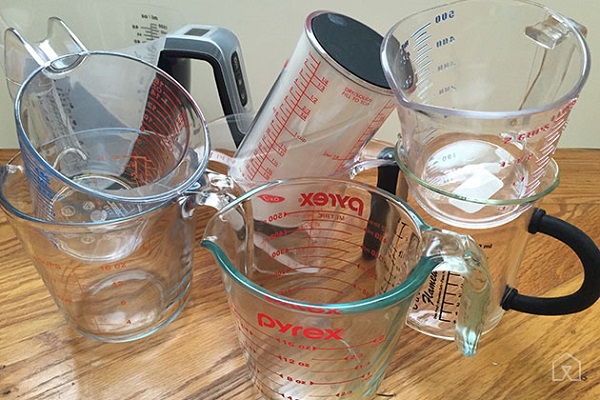
6. Putting cold meat directly into a hot pan
This also includes your grill, or oven. You see, you need to be letting your cold meats come up to room temperature before tossing it onto the high heat. By doing this, you can help to make sure it cooks more evenly, and a lot more likely to prevent the outside being overdone.
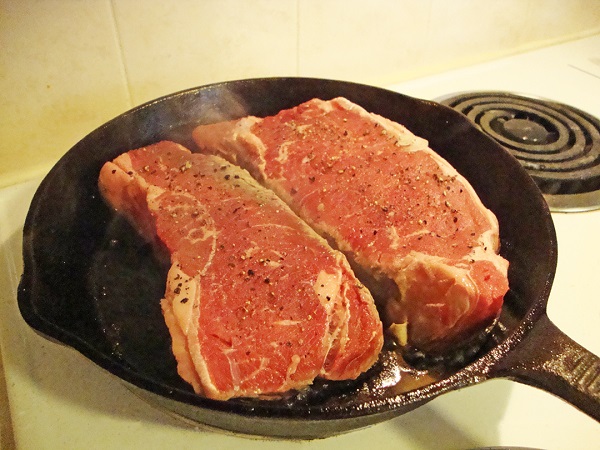
SEE ALSO: Healthy foods to help you quit smoking
7. Putting hot food in a cold fridge
It doesn't matter what meal it is, you must make sure your food has cooled down to room temperature before putting it into your fridge or freezer. Wondering why you shouldn't be putting hot food directly into the fridge? Food has a danger zone between 60° C to 4° C, and cooked foods should not remain in this 'zone' for more than two hours. At this temperature, they become optimum breeding grounds for bacteria and other toxins.
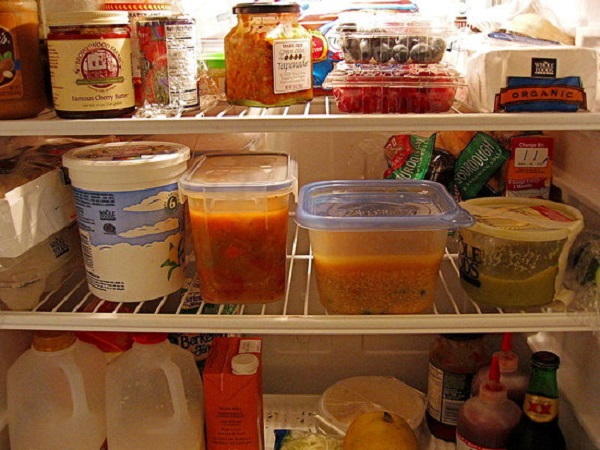
8. Ignoring the recipe when using a slow cooker
We're all guilty of assuming that by throwing all of our ingredients into a slow cooker, it'll do it all for us and our meals will turn out perfectly. Nonetheless, there are some rules to using a slow cooker, especially when it comes to dairy products. You need to add these - like milk and cheese, for example - at or near the end, because if you cook them at high heat for a period of time, they could curdle.
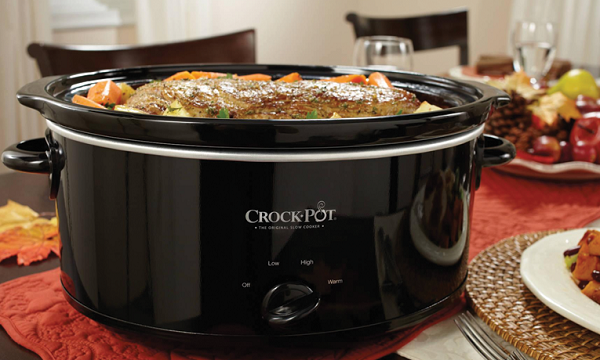
9. Using a non-stick pan at all times when cooking
There's really no need to always use your non-stick pan. It's great for eggs, pancakes or even French toast, but otherwise they don't make any difference to any other dishes you make. This is because they give off a very specific type of heat, which isn't quite as hot as a regular pan. So if in doubt, use your standard set of pans and leave the non-stick for breakfast.
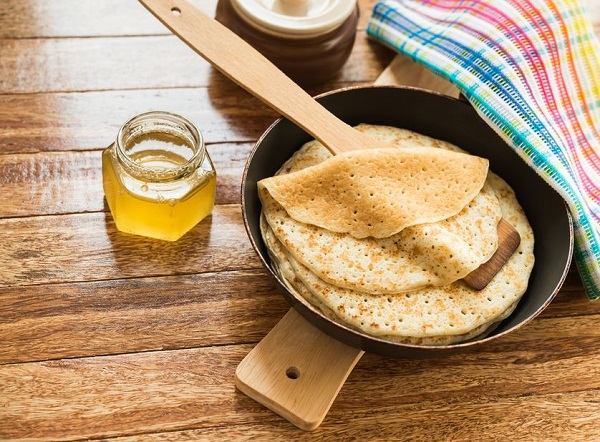
10. Adding garlic way too early
Garlic has a lot less water content than say, your onions, carrots and celery, and when it's sliced into very small pieces, it tends to cook very quickly in comparison to the rest of your ingredients. So unless you a bitter taste, add your garlic later on in the cooking stage and cook for only a few minutes.
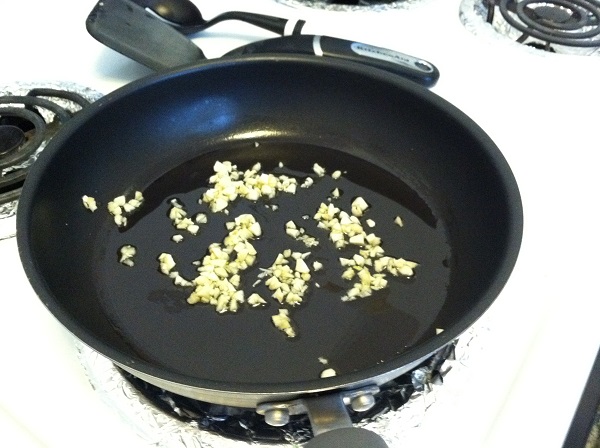
11. Frying or sautéing greens/mushrooms that are still wet or damp
When washing your greens or mushrooms before cooking them, make sure they're completely dry before throwing them into your pan. By leaving them slightly damp, they'll steam once they hit the oil, leaving them soggy. Which nobody wants!
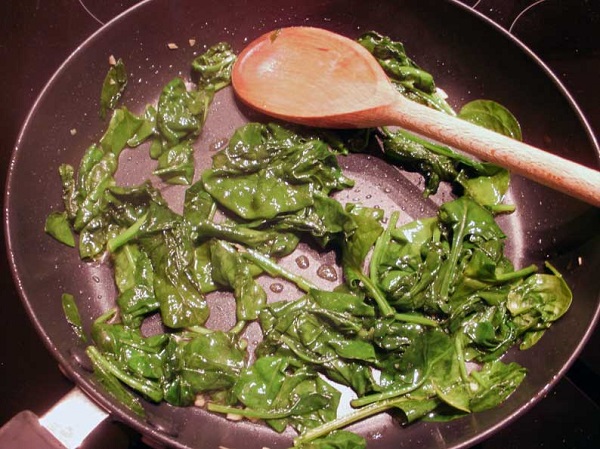
SEE ALSO: Everything you should know about the paleo diet
12. Cutting meat directly after cooking, without letting it rest
Yes, there is a sane reason as to why you're being told to let meat rest before you cut into it. Understandably, a lot of us has an instinct that urges us to tuck in straight-away, but this doesn't do any good for the taste of your meat.
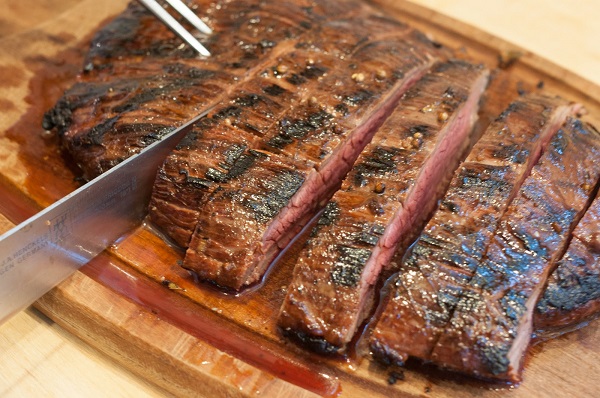
13. Storing everything in the fridge so it'll last longer
Not all foods needs to be stored in the fridge; in fact, for some foods, storing them in the fridge is the worst. Take onions for example, they need a cool, dry, well-ventilated place. Pumpkins also need dry, dark and cool conditions. Garlic shouldn't be in the fridge, neither should honey, tomatoes, apricots, bananas, peaches, plums, mangoes and... Coffee!
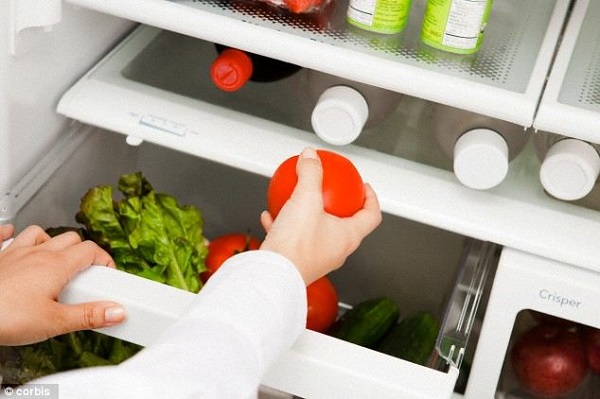
14. Using cold eggs or dairy products when baking
If you're not an avid baker, you may not understand why... But it's better to use eggs and dairy products that are room temperature, and not cold, when baking things like cookies and certain kinds of cakes. But to be on the safe side, always let your ingredents warm to room temperature to ensure the fluffiest taste!
